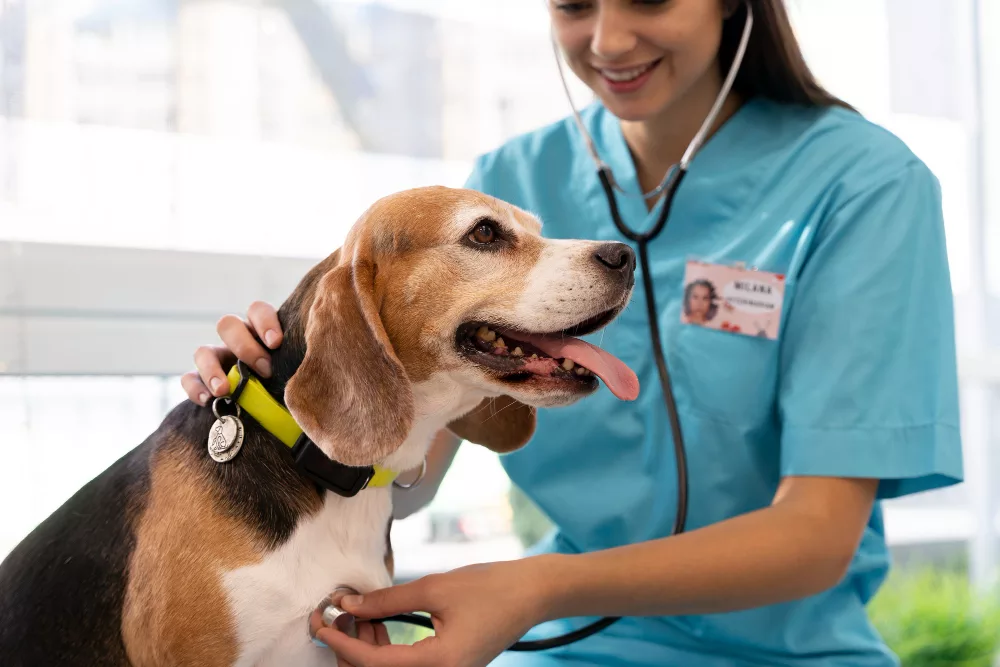Rabies
Rabies is primarily transmitted through the bite of an infected animal, including wild animals like raccoons and bats. It can also be transmitted through contact with infected saliva.
Parvovirus
Parvovirus is highly contagious and spreads through direct contact with contaminated feces, objects, or environments.
Distemper
Canine distemper spreads through direct contact with nasal discharge, urine, or feces from an infected dog. Inhalation of respiratory droplets is another mode of transmission.
Adenovirus
Adenovirus can be transmitted through direct contact with infected dogs, contaminated objects, or respiratory secretions.



